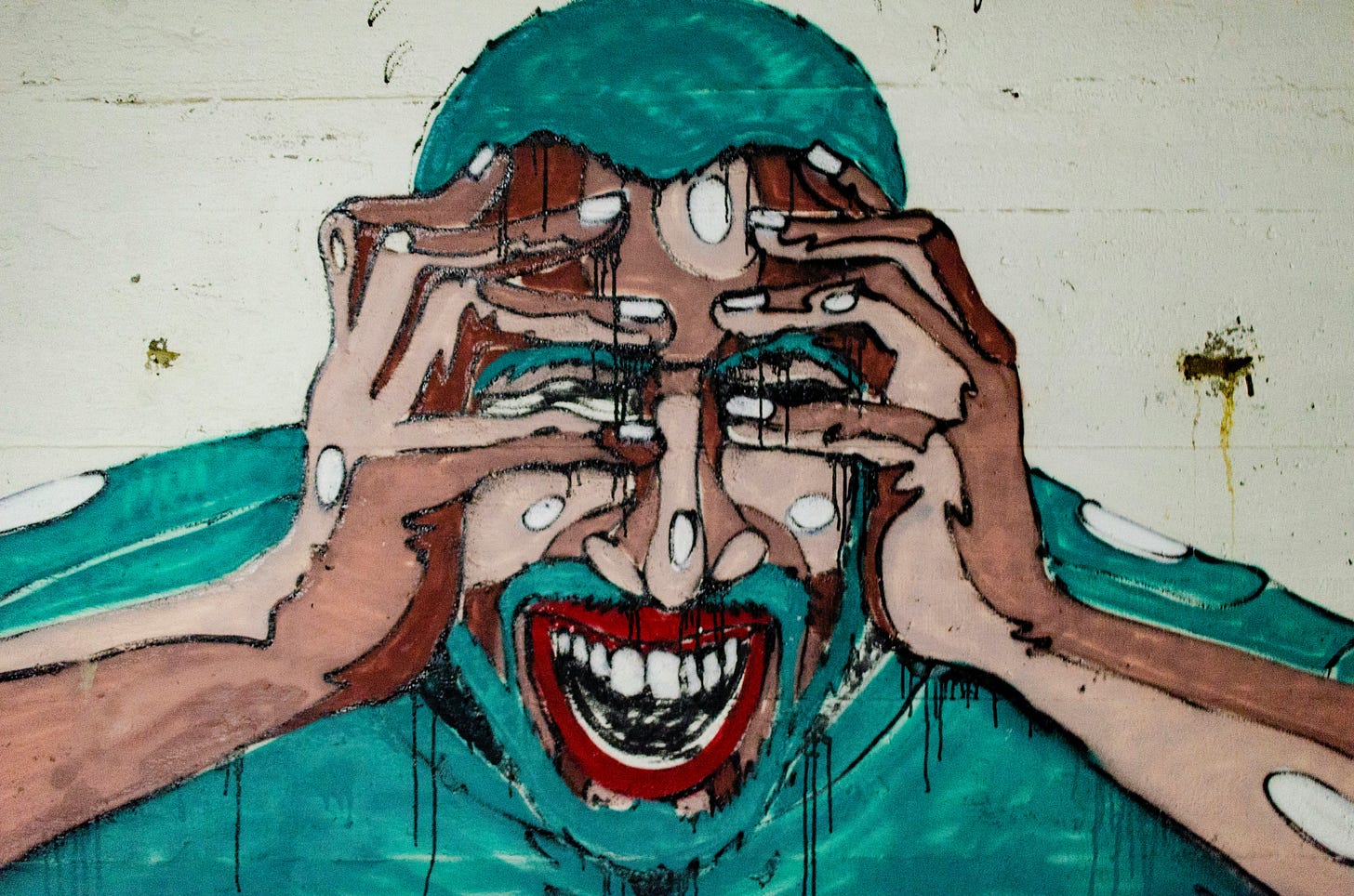You’re tired, unmotivated, maybe even irritable—and you’re wondering: Am I just stressed, or is this burnout?
Here’s the difference, backed by psychology:
Stress is what happens when demands exceed your current capacity. It’s a pressure response. You might feel anxious, wired, or overwhelmed—but there’s still a sense of urgency or hope.
Burnout, on the other hand, is what happens when stress goes unrelieved for too long.
According to psychologist Christina Maslach, burnout has three core symptoms:
Emotional exhaustion – You feel depleted and can't recharge, even with rest.
Depersonalization – You become detached or cynical, especially about your work or relationships.
Reduced sense of accomplishment – You feel ineffective, like nothing you do really matters.
Burnout isn’t just mental—it’s physiological. Studies show chronic stress changes your cortisol rhythm, disrupts sleep cycles, and impairs dopamine regulation, which kills motivation and joy.
If you’re not just tired, but numb, disconnected, and unable to care—it’s time to take burnout seriously.
Recovery requires real rest, not just distraction. That means:
Saying no more often.
Reconnecting with purpose and values.
Taking space to heal without guilt.
You're not lazy. You're running on empty. And there’s a way back.
Have you ever experienced burnout? What helped you recover?
— MHP Team





